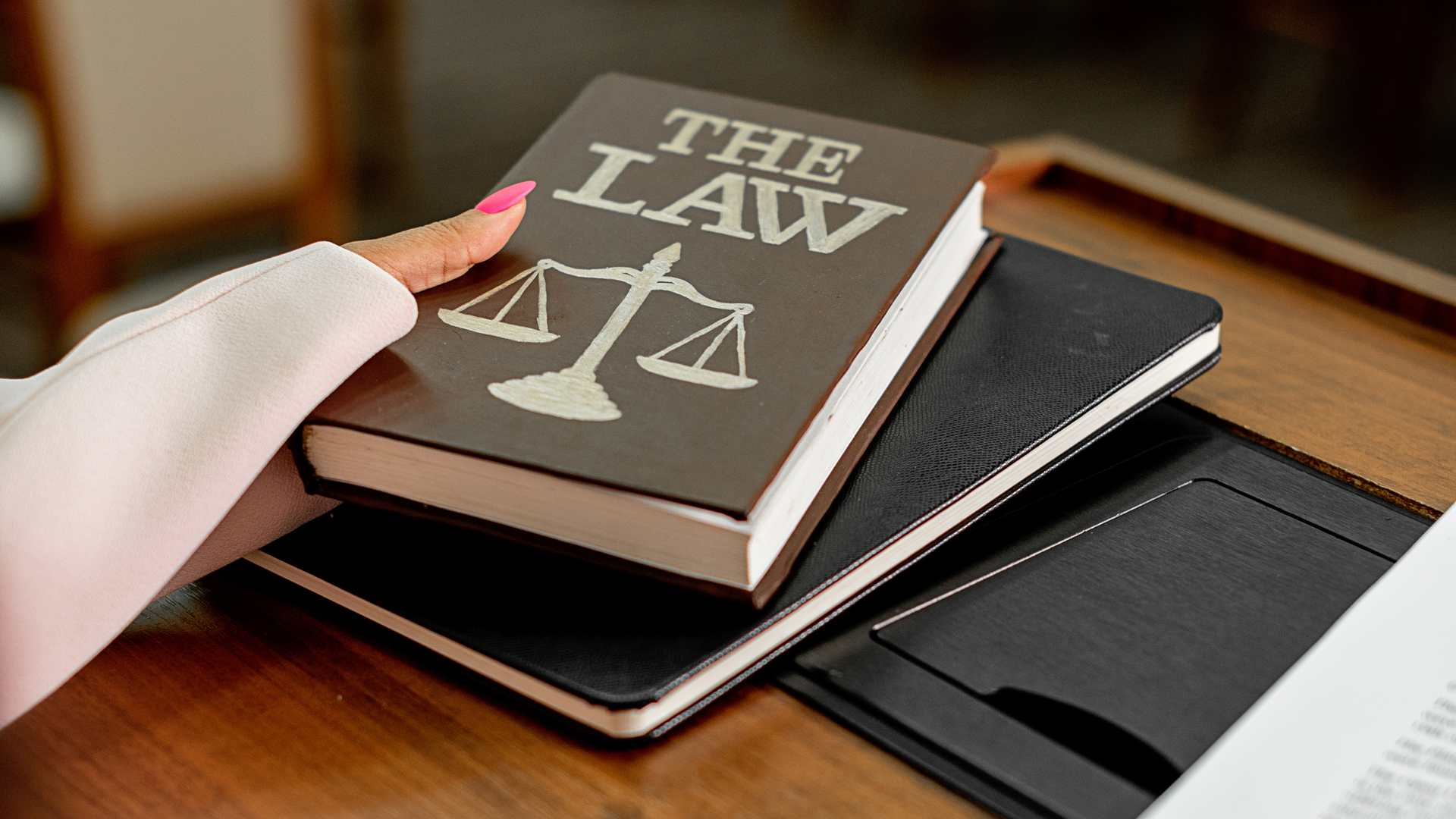Terry Luck of Luck Law | Overview of the Alabama Criminal Case Process
Overview of the Alabama Criminal Case Process
The criminal process can be intimidating, even if you’ve faced criminal charges in the past. Each case is different, every judge handles cases in a unique way, and different prosecutors take different approaches to pursuing convictions.
The following is only a brief overview of how the process works. It is always critical that you have representation from a Montgomery criminal defense attorney from Luck Law, LLC, who can protect your rights.
Investigation
Law enforcement officers must have probable cause to arrest a suspect. Investigators from a county sheriff’s office, local police department, or another state law enforcement agency may use search warrants and witness interviews to obtain evidence to justify an arrest and criminal charge. If you learn that you are under investigation, it is never too early to speak with a defense lawyer. Having an attorney representing you early on can help you build a stronger case if you are subsequently charged with a criminal offense.
Arrest
After law enforcement officers establish probable cause, they will arrest a criminal defendant. Following an arrest, the arrestee will be booked at a jail or police station. Fingerprints and photographs of the suspect are taken during the booking process.
Officers may interrogate a suspect at this time. Suspects are under no obligation to speak to law enforcement officers and should invoke their right to remain silent and their right to legal representation.
Arraignment & Bail
The arraignment is when the suspect appears in court, and formal charges are read to them. A judge must confirm that the criminal defendant is being charged with a crime, that the criminal defendant knows what crime he or she is being charged with, and what plea the defendant wants to enter.
Most defendants should plead not guilty at the arraignment, even if they know they committed the crime. You should never - ever - plead guilty to an offense at an arraignment without first speaking with an experienced defense lawyer.
Pretrial Hearings and Plea Bargaining
The next step in the process involves pretrial conferences and hearings. The prosecution and defense meet in court and discuss various strengths and weaknesses of the prosecution’s case. A criminal defense attorney may begin negotiating with the prosecutor to work out a plea bargain during this phase of the criminal case process.
Trial and Verdict
If a criminal defendant pleads not guilty and no plea bargain is reached, then the case progresses to the trial phase. A judge during a bench trial or a jury during a jury trial will review the evidence and law to determine if they think the defendant is guilty or not guilty.
A judge or jury deliberates, and the final verdict is read to the defendant in court after a decision has been reached. If a verdict is not reached, then the court will declare a mistrial, and the prosecution is free to retry the case.
Sentencing and Appeal
If a criminal defendant is found guilty, then he or she will be sentenced for the criminal offense. Judges examine a defendant’s criminal history, responsibilities, and other factors. A defense attorney can argue for a minimal sentence at the sentencing hearing.
All criminal defendants are entitled to appeal a guilty verdict up to at least one level of the appellate court. The Alabama Court of Criminal Appeals is the mid-level court system that examines cases. The highest court in Alabama is the Alabama Supreme Court.
Seek Guidance from a Montgomery Criminal Defense Lawyer
It is important to retain legal representation anytime you are facing criminal charges.
Contact Luck Law, LLC, today to learn how our firm can defend you and protect your rights.














